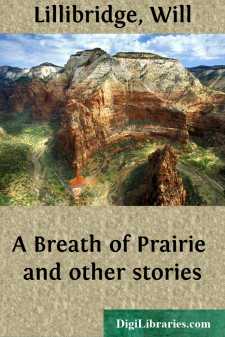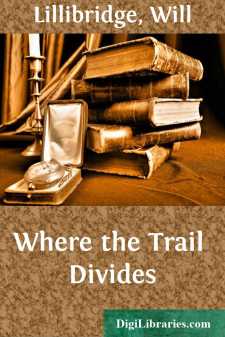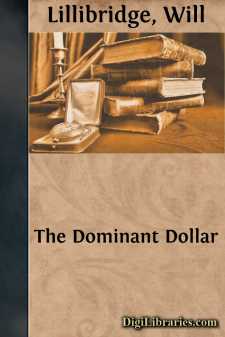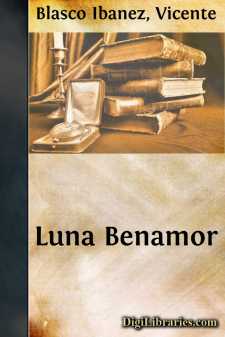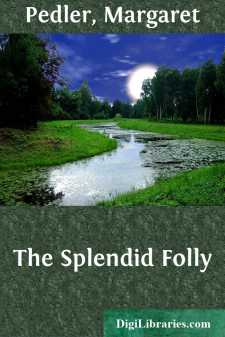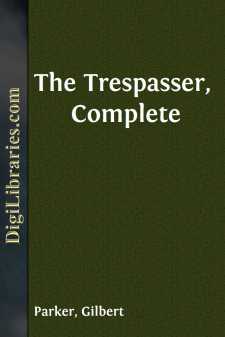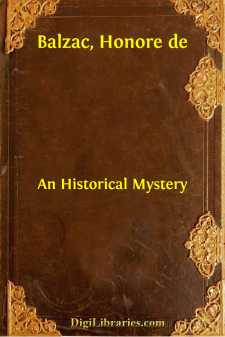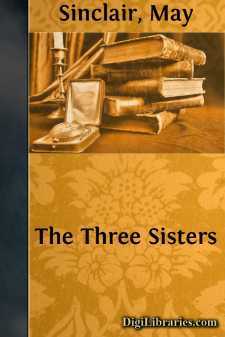Categories
- Antiques & Collectibles 13
- Architecture 36
- Art 48
- Bibles 22
- Biography & Autobiography 813
- Body, Mind & Spirit 138
- Business & Economics 28
- Children's Books 12
- Children's Fiction 9
- Computers 4
- Cooking 94
- Crafts & Hobbies 4
- Drama 346
- Education 46
- Family & Relationships 57
- Fiction 11821
- Games 19
- Gardening 17
- Health & Fitness 34
- History 1377
- House & Home 1
- Humor 147
- Juvenile Fiction 1873
- Juvenile Nonfiction 202
- Language Arts & Disciplines 88
- Law 16
- Literary Collections 686
- Literary Criticism 179
- Mathematics 13
- Medical 41
- Music 40
- Nature 179
- Non-Classifiable 1768
- Performing Arts 7
- Periodicals 1453
- Philosophy 64
- Photography 2
- Poetry 896
- Political Science 203
- Psychology 42
- Reference 154
- Religion 505
- Science 126
- Self-Help 81
- Social Science 81
- Sports & Recreation 34
- Study Aids 3
- Technology & Engineering 59
- Transportation 23
- Travel 463
- True Crime 29
A Breath of Prairie and other stories
by: Will Lillibridge
Categories:
Description:
Excerpt
A TRIBUTE
It is an accepted truth, I believe, that every novelist embodies in the personalities of his heroes some of his own traits of character. Those who were intimately acquainted with William Otis Lillibridge could not fail to recognize this in a marked degree. To a casual reader, the heroes of his five novels might perhaps suggest five totally different personalities, but one who knows them well will inevitably recognize beneath the various disguises the same dominant characteristics in them all. Whether it be Ben Blair the sturdy plainsman, Bob McLeod the cripple, Dr. Watson, Darley Roberts, or even How Landor the Indian, one finds the same foundation stones of character,––repression, virility, firmness of purpose, an abhorrence of artificiality or affectation,––love of Nature and of Nature’s works rather than things man-made. And these were unquestionably the pronounced traits of Will Lillibridge’s personality. Markedly reserved, silent, forceful, he was seldom found in the places where men congregate, but loved rather the company of books and of the great out-doors. Living practically his entire life on the prairies it is undoubtedly true that he was greatly influenced by his environment. And certain it is that he could never have so successfully painted the various phases of prairie-life without a sympathetic, personal knowledge.
The story of his life is characteristically told in this brief autobiographical sketch, written at the request of an interested magazine.
“I was born on a farm in Union County, Iowa, near the boundary of the then Dakota Territory. Like most boys bred and raised in an atmosphere of eighteen hours of work out of twenty-four, I matured early. At twelve I was a useful citizen, at fifteen I was to all practical purposes a man,––did a man’s work whatever the need. In this capacity I was alternately farmer, rancher, cattleman. Something prompted me to explore a university and I went to Iowa, where for six years I vibrated between the collegiate, dental, and medical departments. After graduating from the dental in 1898 I drifted to Sioux Falls and began to practise my profession. As the years passed the roots sank deeper and I am still here.
“Work? My writing is done entirely at night. The waiting-room,––the plum-tree,––requires vigorous shaking in the daytime. After dinner,––I have a den, telephone-proof, piano-proof, friend-proof. What transpires therein no one knows because no one has ever seen.
“Recreation? I have a mania, by no means always gratified,––to be out of doors. Once each summer ‘the Lady’ and I go somewhere for a time,––and forget it absolutely. In this way we’ve been able to travel a bit. We,––again ‘the Lady’ and I,––steal an hour when we can, and drive a gasoline car, keeping within the speed laws when necessary. Once each Fall, when the first frost shrivels the corn-stalk and when, if you chance to be out of doors after dark you hear, away up overhead, invisible, the accelerating, throbbing, diminishing purr of wings that drives the sportsman mad,––the town knows me no more.”
Every novel may have a happy close, but a real life’s story has but one inevitable ending,––Death....


